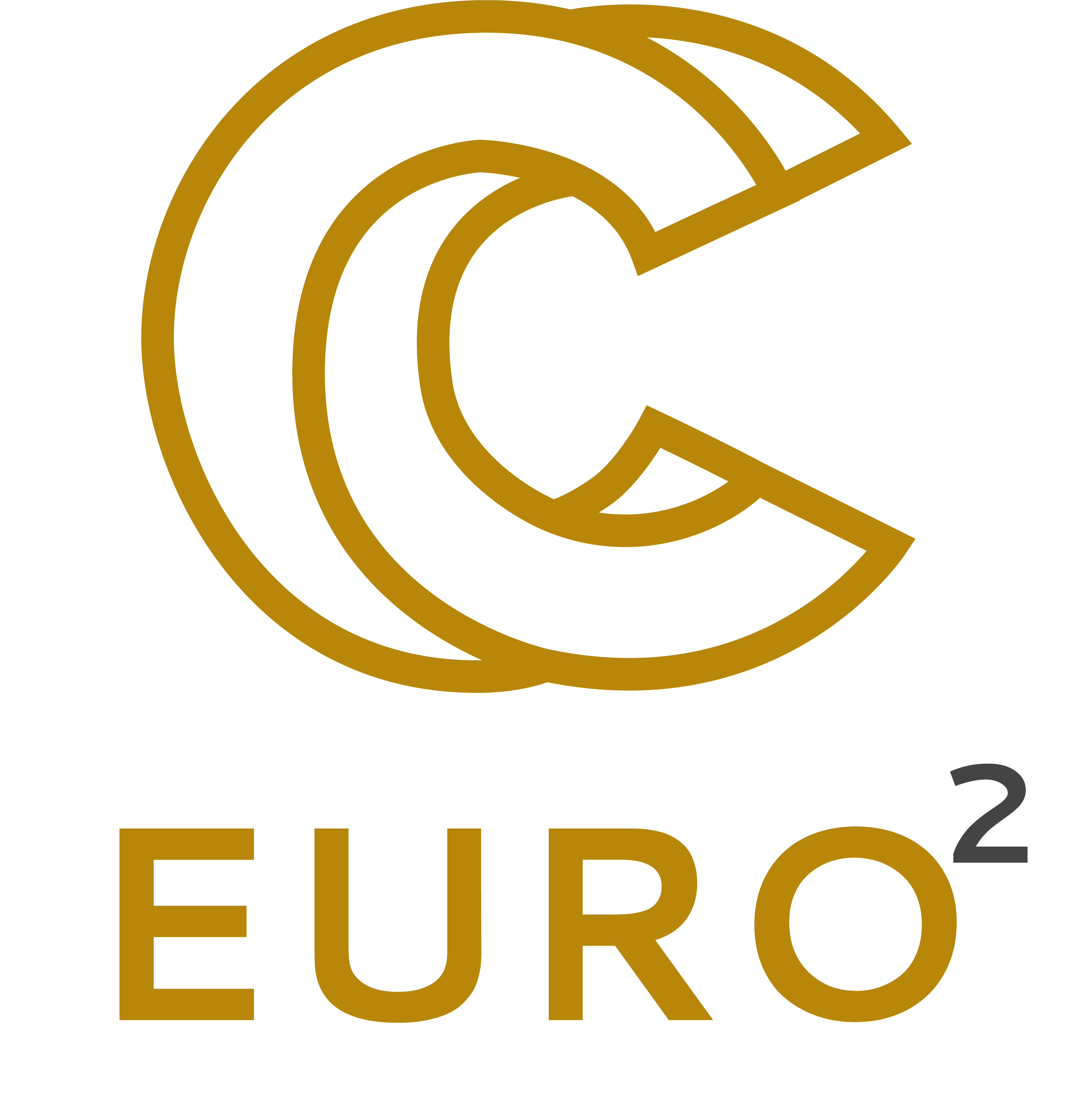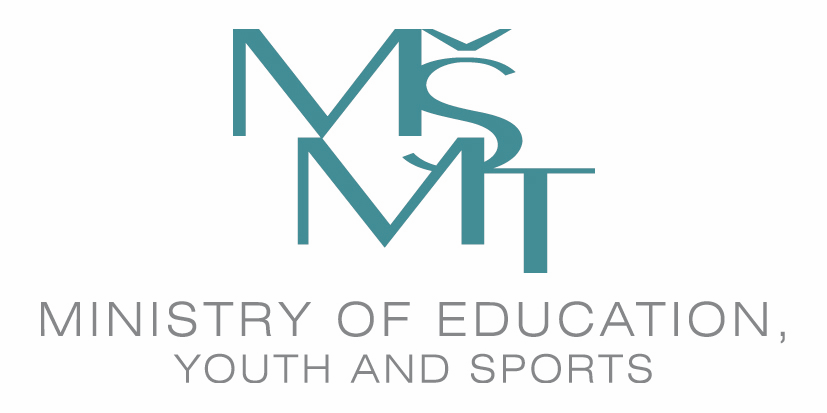
Annotation
NCC Netherlands and NCC Czechia are inviting you to the course Introduction to Scientific Visualisation with ParaView.
This foundational course introduces participants to the fundamentals of scientific visualisation using ParaView, an accessible and powerful open-source tool widely utilised in academic and professional settings. Attendees will embark on a structured exploration, starting with a clear distinction between scientific visualisation and information visualisation, setting the stage for understanding their respective roles and applications.
Through guided instruction, participants will acquire a solid grasp of the ParaView data model and pipelines, learning how to navigate and manipulate data effectively. Practical exercises will enable attendees to apply these concepts hands-on, gaining confidence in performing basic visualisation tasks and experimenting with various data types.
By the conclusion of this introductory course, participants will have developed a foundational skill set in leveraging ParaView for scientific visualisation. Equipped with this knowledge, attendees will be poised to explore advanced techniques and applications further, laying a solid groundwork for continued growth and proficiency in the field.
Benefits for the attendees, what will they learn
- An overview of scientific visualization versus information visualization
- The basics of the ParaView data model and pipelines
- Performing basic visualization tasks with ParaView, including hands-on experience with a number of different types of data and visualization aspects.
Level
beginner
Language
English
Prerequisites
None in terms of experience, but a laptop with ParaView installed is required.
Tutors
Paul Melis, Casper van Leeuwen
Paul Melis has been with SURF since 2009 and works on scientific visualization and eXtended Reality Innovation. Casper van Leeuwen joined SURF in 2014 and focuses, amongst other things, on interactive (web-based) visualization. They both have an MSc in Computer Science, Paul from the University of Twente, Casper from the University of Delft. They have a range of visualization support and development experience regarding 3D graphics, interactive 3D visualization and remote visualization. They work within the High-Performance Computing & Visualization group at SURF, where they support the users of the Dutch Supercomputer Snellius with visualization-related tasks. They also regularly demo XR devices and applications, develop demos, or get involved in producing visualizations for PR purposes.
Acknowledgements

This project has received funding from the European High-Performance Computing Joint Undertaking (JU) under grant agreement No 101101903. The JU receives support from the Digital Europe Programme and Germany, Bulgaria, Austria, Croatia, Cyprus, Czech Republic, Denmark, Estonia, Finland, Greece, Hungary, Ireland, Italy, Lithuania, Latvia, Poland, Portugal, Romania, Slovenia, Spain, Sweden, France, Netherlands, Belgium, Luxembourg, Slovakia, Norway, Türkiye, Republic of North Macedonia, Iceland, Montenegro, Serbia. This project has received funding from the Ministry of Education, Youth and Sports of the Czech Republic.


This course was supported by the Ministry of Education, Youth and Sports of the Czech Republic through the e-INFRA CZ (ID:90254).

This course is supported by the Netherlands Enterprise Agency.
All presentations and educational materials of this course are provided under the Creative Commons Attribution-ShareAlike 4.0 International (CC BY-SA 4.0) license.
![[ONLINE] Introduction to Scientific Visualisation with ParaView (EuroCC)](/event/221/logo-3264908871.png)
